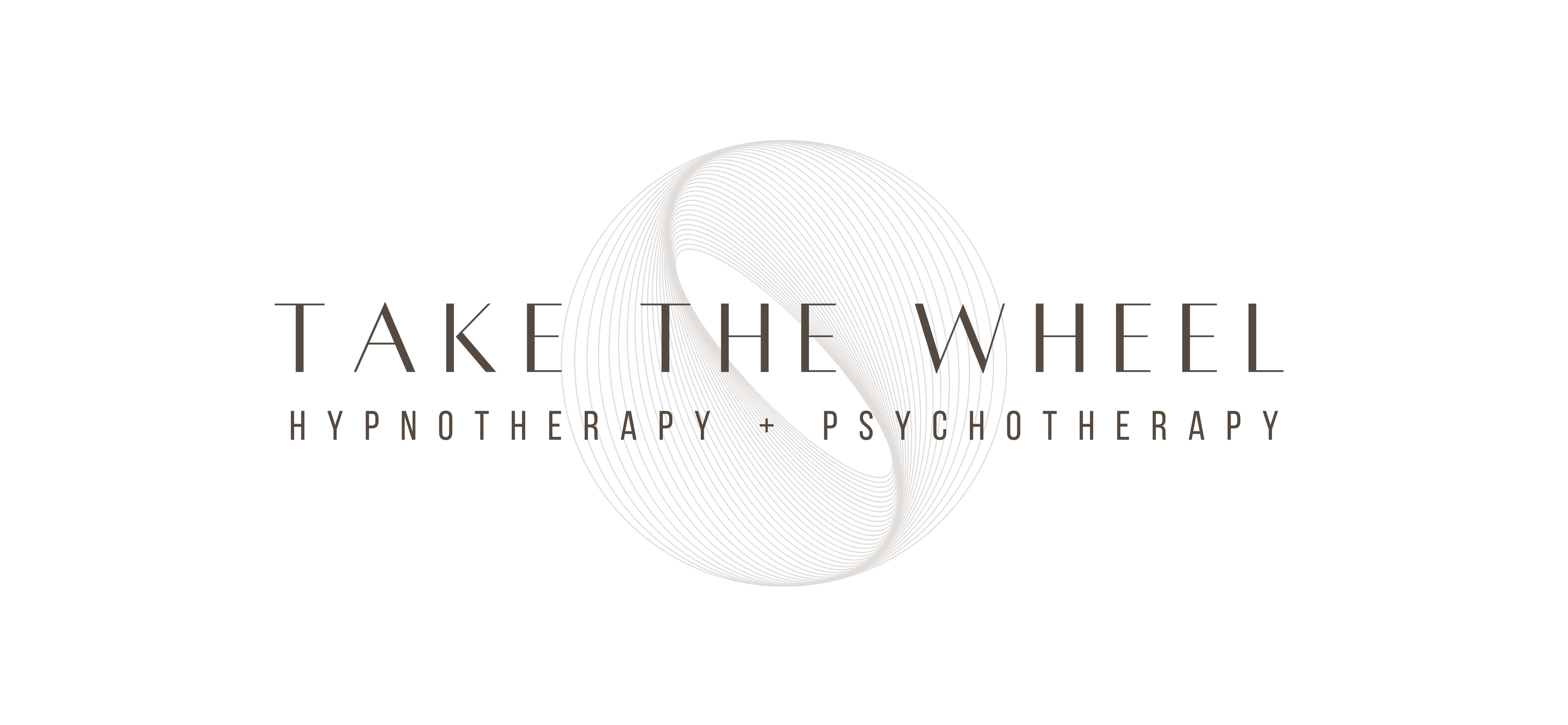hypnotherapy for procrastination
How frustrating is it when you know you need to get something done but you just can’t seem to get into it? Hypnotherapy can help to uncover your subconscious blocks and clear them at their core.

Procrastination
Have you tried ‘willing’ your way into doing what you need to do over scrolling social media or watching TV?
Do you plan and schedule until your face turns blue and still find yourself making excuses as to why you can’t do the thing you actually need to do?
Do you scoff at the idea of discipline being the remedy for procrastination?
That’s because these are all conscious attempts at overriding your far more dominant subconscious processes.
What is procrastination?
Procrastination is the act of delaying or putting off tasks, often until the last minute or past their deadline. It can be considered a form of self-regulation failure, due to irrationally delaying tasks despite their potentially negative consequences – or the positive consequences of getting it done.
What may be causing your procrastination
- Not knowing what needs to be done
- Not knowing how to do something
- Not wanting to do something
- Not caring if it gets done or not
- Not caring when something gets done
- Not feeling in the mood to do it
- Lacking the initiative to get started
- Waiting for the right moment
- Being in the habit of waiting until the last minute
- Believing that you work better under pressure
- Thinking that you can finish it at the last minute
- Forgetting
- Blaming sickness or poor health
- Needing time to think about the task
- Delaying one task in favour of working on another
What’s really causing your procrastination
Any of those things may be contributing to your procrastination. Because you’re here reading this, it’s likely that you know what you’re putting off is important and that you’re motivated to get it done, you just don’t seem to be able to get into it. Instead, you make excuses, stay busy with other ‘productive’ but non-priority tasks or find yourself doing something completely different like scrolling social media or watching TV. Sound familiar?
When your conscious efforts of will-power and discipline are unsuccessful and it feels like there’s some unidentifiable force getting in the way of you getting done what you need to, it’s clear that something beneath your conscious awareness is running the show.
The Stress Response
The fight/flight/freeze response is a biological radar system that’s been programmed into humans since prehistoric days. Our cave-dwelling ancestors were often saved by the dramatic changes that took place in their bodies when confronted with danger. However, these days, there’s very little chance a tiger is going to jump out of the bushes and attack us on our way home from the shops.
Our stress response is activated in response to situations – real, imagined or predicted – that may threaten our sense of safety, security or comfort. These days, this is typically in response to modern day non-life-threatening dangers or associations that our brain has made based on past experiences.
Unfortunately, this mechanism still functions the same way it always has – in black-and-white, life-or-death – which is why we find ourselves fighting, fleeing or freezing in different forms throughout our everyday lives. These automatic ‘safety behaviours’ often take the form of us thinking, feeling and doing things that are irrational, inappropriate for the situation or otherwise not what we really want for ourselves.
Wired for comfort and ease
When you think about it, most tasks that we procrastinate are boring, difficult, strenuous, high-pressure or otherwise uncomfortable. We don’t procrastinate eating dessert or watching our favourite show. Because this system is wired for comfort and ease, it has us avoid discomfort and difficulty and momentarily shut down or ‘freeze’ in the face of the task. Instead, we act automatically in ways that bring us short-term comfort – completing other productive tasks, zoning-out with some Instagram, eating something tasty and serotonin-producing.
Being a survival response, it takes precedence over the conscious part of our brain that’s responsible for will-power, rational thinking, weighing up the positives and negatives and so on. It’s easier, less painful, more enjoyable to relax watching Netflix and eating potato chips now rather than going to the gym to lose weight. The consequences are obvious to our conscious mind, but our subconscious is in control.
Understanding this allows us to be compassionate with ourselves. You’re not lazy. You’re not unmotivated. You’re actually being ‘protected’ by your subconscious. The first question to ask yourself is, “What positive am I getting out of not doing this task?”
Your perception of the task
Our perception of the task – conscious and subconscious – and our abilities to complete it plays a major role in how much ‘protection’ our subconscious concludes that we need. This can be influenced by a range of underlying factors including:
- Deeply rooted beliefs about yourself and your capabilities
- Long-held patterns (eg. perfectionist tendencies)
- High standards that are difficult (or impossible) to meet
A note on mental illness
While procrastination itself is not a mental illness, it may be a symptom of an underlying issue such as depression, obsessive-compulsive disorder (OCD) or attention-deficit/hyperactivity disorder (ADHD). If it seems your procrastination is a result of a mental illness, the direction of therapy will be modified.
Hypnotherapy for procrastination
Hypnotherapy is a highly effective treatment for procrastination because it addresses the subconscious mind-body system that’s generating it. Treatment with Mel focuses on increasing awareness around what’s triggering this avoidance response, interrupting the automatic reaction process and exploring and updating your mind’s threat perception system to reduce inaccurate and inappropriate avoidance reactions.
Part 1: Interrupt the automatic reaction
Hypnotherapy allows you to interrupt your unwanted automatic thoughts, feelings and behaviours associated with your procrastination and replace them with more helpful responses of your choice directly with the subconscious mind that drives this process. Rehearsing new responses in the safe and controlled environment of hypnotherapy builds new neural pathways in your brain which, when repeated over time, become your new automatic response. You will receive a recording of your hypnosis session to listen to outside of our sessions to aid with this.
Part 2: Update your subconscious perceptions
The second part of treating procrastination with Mel is to look into why your system is having you avoid the tasks in the first place. Addressing this may involve practical strategies such as reducing your work-load or seeking help. It may involve changing long-held unhelpful patterns and reframing the subconscious stories you hold about yourself and memories of past experiences to reduce overwhelm and increase your belief in your abilities.
*Note that this process may not be linear and may not involve all these aspects. Treatment is very personalised and depends greatly on how you’re experiencing the issue and what you feel you need.
Free 15 minute phone consultation
This lets me get an idea of what you’re seeking support for and gives you the chance to make sure I am the right person for you. It is my highest priority to offer you a safe, confidential and compassionate space.
Video or in-person sessions are available. My techniques and methods work just as powerfully online as they do in-person.
